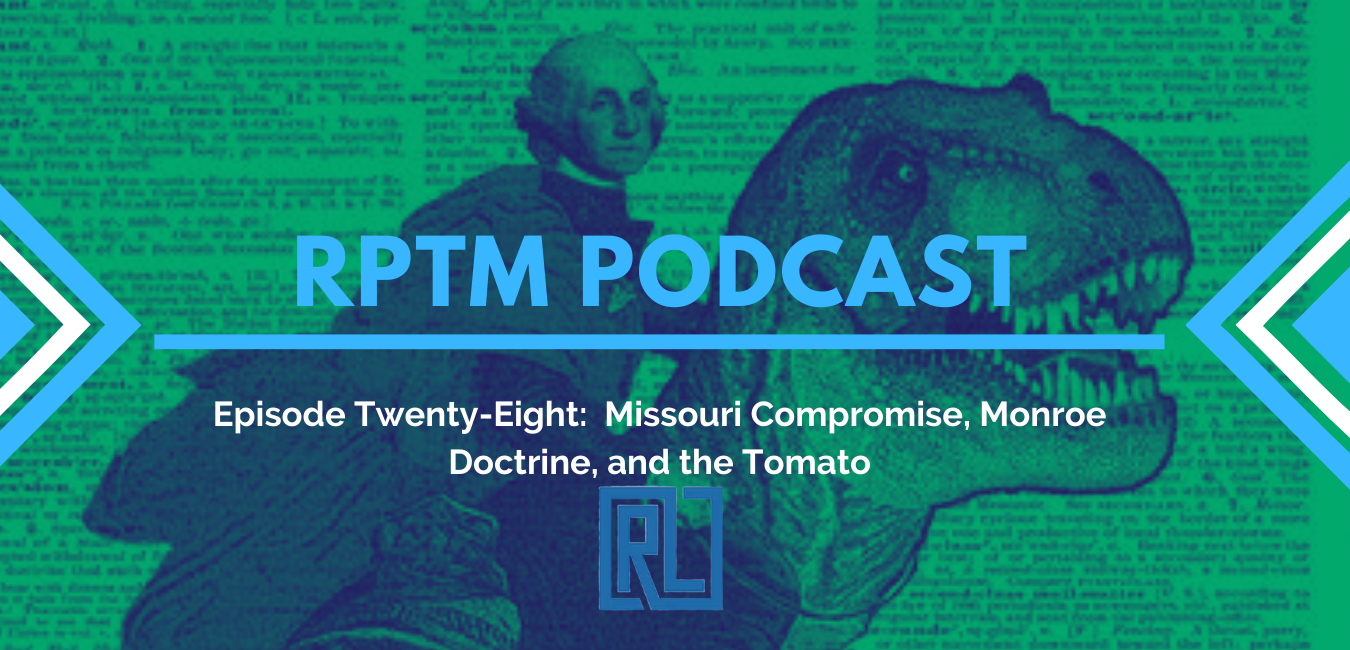|
Pseudohistory lacks PLAUSIBLE MECHANISM: No way to explain it based on existing knowledge. "Plausible" means that things could have happened that way. It means that a given theory does not involve unlikely events and does not reverse normal development expectations. A pinecone grows into a pine tree and not a pterodactyl—an insight into how things work in the real world. Plausibility needs a denial of unbelievable actions and extreme but appropriate coincidences. It expects that results will follow causes and that complex developments will arise from more straightforward stages. It puts the cart before the chariot. It looks for pines growing from pinecones. It frowns on theorizing social mechanisms that are not otherwise shown in that society. It discourages the assumption that people in remote ages will behave with generosity and harmony. No other age provides an example. Plausibility does not accept a divinely ordered history. It distinguishes that a belief in magic is a fact about some people in history. Still, it does not itself believe in magic. With due allowance for cultural distinction, it does not expect that people in one time or place will act out of fundamentally different motives than people at other times and places. Physics expects the order of nature to be uniform throughout nature. History has a roughly analogous expectation about individuals and societies. Historians should not use the standard of plausibility to authenticate narrow-mindedness. The American experience is probably very uncommon in world history. Both now and in the past, many people and societies have different backgrounds and operate on different social assumptions. All opinions need to be heard from, but historians should take the fake views in the context of the other ideas. Sometimes a corrupted view is more suitable to a particular situation. The historian should be alert, at all levels, for the proper clarification. HIGHLIGHTS
CHAPTERS 0:37 Intro 2:53 Missouri Compromise 11:19 The Tomato 13:05 College of Pharmacy 16:11 Monroe Doctrine 22:06 Fannie Hill 25:03 John Neal and the Gymnasium 32:38 Noah Webster Jr. 38:02 Outro RESOURCES Understanding History- Plausibility Missouri Compromise Colonel Robert Gibbon Johnson risked his life to help tomatoes under trial Philadelphia College of Pharmacy and Science Historical Marker Troy Female Seminary Monroe Doctrine Fanny Hill John Neal (writer) Noah Webster The History of Webster's Dictionary
0 Comments
Leave a Reply. |
AuthorRyan Lancaster wears many hats. Dive into his website to learn about history, sports, and more! Archives
April 2024
Categories |


 RSS Feed
RSS Feed